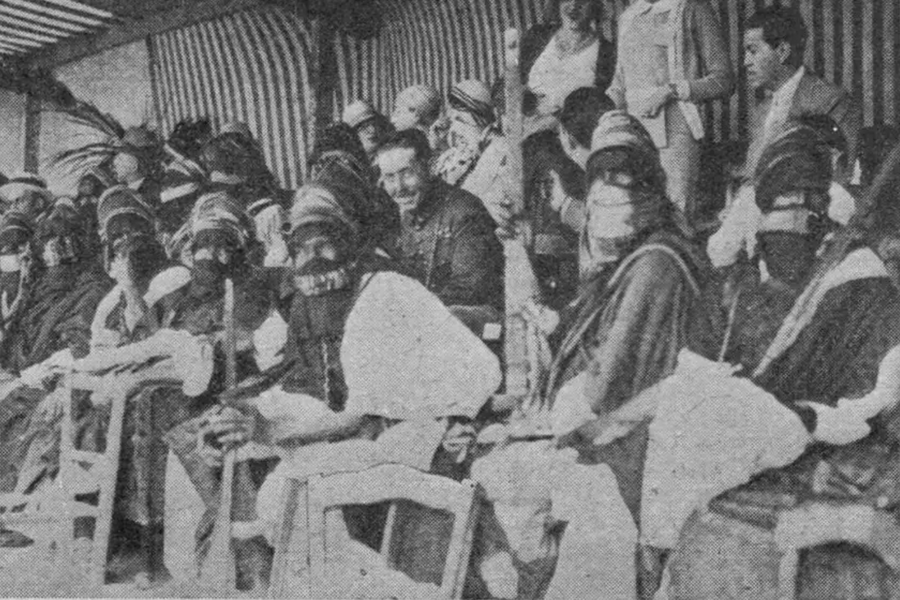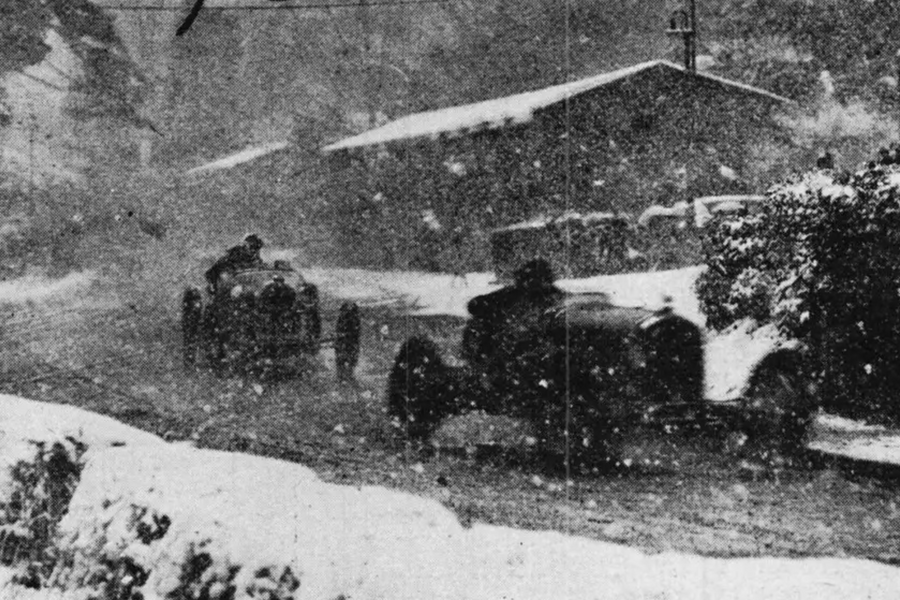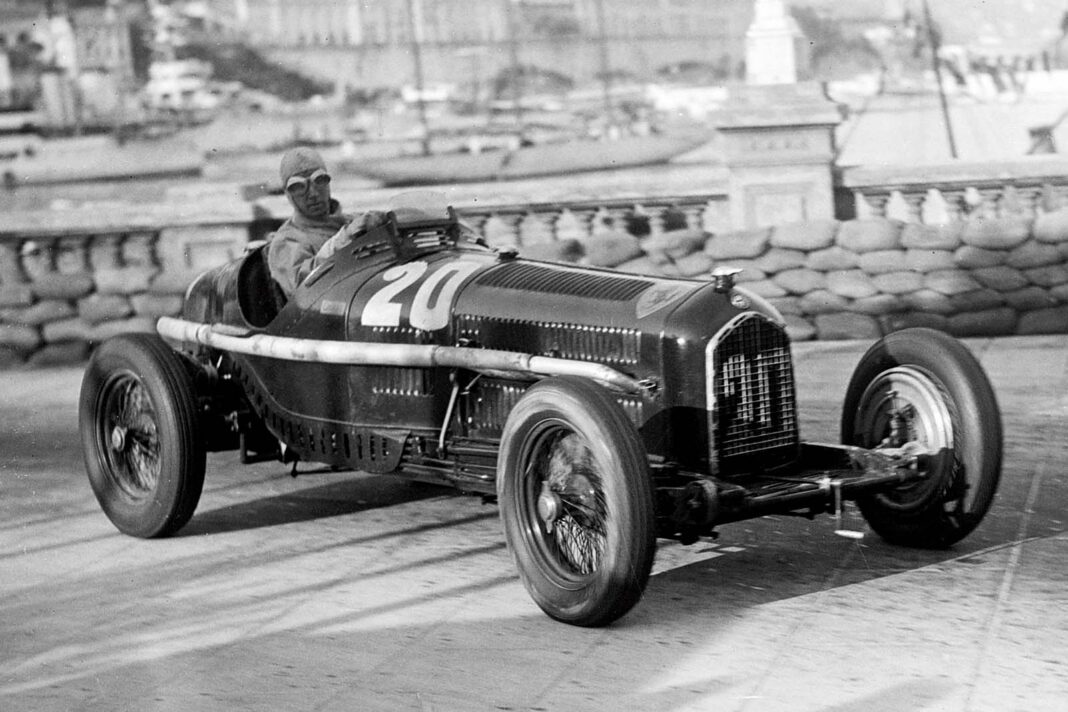Algerian-born Guy Moll rose quickly from obscurity to the grand prix stage
Rookie Isack Hadjar wasn’t the first Algerian racing driver to compete in Formula 1 grand prix racing
Formula 1 obsessives among you might have noted that 2025 rookie Isack Hadjar is the sport’s first competitor from Algeria – making it only the fourth African country ever represented, after Morocco, South Africa and Rhodesia (now Zimbabwe).
This isn’t strictly true, though – not just because Hadjar holds a French licence but because North Africa was actually quite prominent in grand prix racing before the 1950 foundation of the F1 World Championship.
There have been two leading Algerian racers, and throughout the 1920s, 1930s and 1940s, GPs were held in Morocco, Algeria, Libya, Tunisia and Egypt.
This was because all of those Mediterranean nations were colonies at the time, variously of Spain, France, Italy and Britain.
Indeed, Marcel Lehoux was born to French parents but raised in Algeria (the inverse of Hadjar, incidentally). In 1928, four years after he had won the Casablanca GP, Lehoux added both the Tunis GP and the first Algerian GP to his tally, in the latter mastering a treacherous surface in the rain, would you believe. (All were street layouts; the only proper circuit in the region, just outside Tripoli, wouldn’t be built until 1933.)
Enjoy full access to the complete Autocar archive at the magazineshop.com
Autocar attended the Algerian GP in 1930, reporting: “The grandstand was extremely picturesque because it was occupied in part by a wild and woolly collection of fighting native chiefs from the desert, and they, being fully armed, were treated with the utmost respect, to the detriment of any pit work.
“It is extremely rare that spectators travel to and from the grandstands on camels, as in this case.”
My modern mind was suspicious of the veracity of that ‘fully armed’ comment, but check out the rifle-filled photo reproduced below!

In 1932, Lehoux was attending a minor local race (whether by camel or car is lost to history) when his attention was caught by the performance of a young man who was competing in his first-ever race, simply for the fun of it.
Guy Moll, born in Algeria to well-off French and Spanish parents, shortly found himself at the wheel of Lehoux’s Bugatti in the Oran GP.
He shocked all by taking the lead almost immediately, which further encouraged Lehoux (unfortunately, a mechanical issue prevented Moll from finishing), and another such display in the Casablanca GP convinced him to unleash his protégé on Europe.
As if taking on France’s top talents wouldn’t have made things tough enough for Moll, his first European GP was on the tricky new Pau street circuit – in a snowstorm. Cancel it? Don’t be ridiculous!

In possibly the worst weather conditions in GP history, Moll led for a bit and finished behind only Lehoux.
Several more highly impressive performances that year convinced Enzo Ferrari to incorporate Moll into his leading Alfa Romeo stable.
Autocar reported after his debut for the scuderia: “Monaco can be trusted to produce surprises, but it is doubtful whether there has ever been quite such a surprise as when, in what amounted to a hush of amazement, Guy Moll, relatively of the second rank, succeeded in winning the GP; and this GP round the houses, with each corner after corner in quick succession, is one of the most arduous tests of driving stamina there is.”
That he had benefited from home hero Louis Chiron “hitting a sandbag barrier good and hard” at the end hardly seemed to matter.
That would be his final glory, though. Tragically, a few months later at Pescara, Moll had a horrific fiery crash while chasing the lead, with fatal consequences.
Ferrari would later write: “Moll has been, in my opinion, the only driver to be put in the same class as Tazio Nuvolari: alike because of the affinity of some peculiar mental processes, for the same aggressive spirit, the same coolness in driving, the same faith in taking extreme risk.
“That day [in Monaco], Moll showed the style of the great champion. He affirmed, blatantly, his personality as a driver, and he justified my faith in him.”





